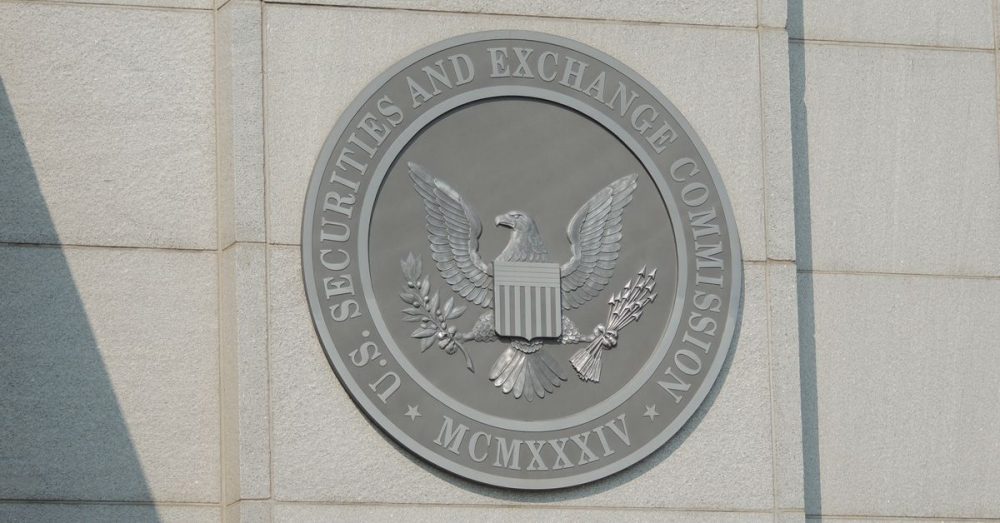Stablecoins and decentralized finance (DeFi) are likely to become the next targets in the U.S. Securities and Exchange Commission (SEC)’s crackdown on the crypto industry, Berenberg said in a research report on Tuesday.
The investment bank said the SEC may now focus on bringing stablecoins, including the two largest by market cap, tether (USDT) and USD Coin (USDC), and decentralized finance protocols into regulatory compliance.
The SEC said earlier this month that it was suing crypto exchange Binance, its founder Changpeng “CZ” Zhao and the operating company for Binance.US on allegations of violating federal securities laws. A day later it sued rival exchange Coinbase (COIN) on similar charges.
If the SEC is looking to reduce the potential for unregulated DeFi protocols to serve as viable alternatives to regulated lenders and exchanges, then they could “target the stablecoins that serve as the lifeblood of decentralized finance,” analysts led by Mark Palmer wrote.
By targeting these stablecoins, the SEC may also weaken the DeFi ecosystem, the report said.
Berenberg says that if USDC is targeted by U.S. regulators, the impact on Coinbase’s revenue could be significant, noting that in first-quarter 2023 the exchange generated $199 million in net revenue – about 27% of the total – from interest income earned on USDC reserves.
Bitcoin (BTC), which the SEC has affirmed as a commodity rather than an unregistered security, is likely to be the ultimate beneficiary of the crackdown, the note said.
MicroStrategy (MSTR) shares are well positioned to outperform, given the company’s focus on acquiring and holding bitcoins, as the regulatory clampdown will likely give rise to a U.S. crypto industry that is more bitcoin-focused than it has been in recent years, the report added.







